Featured articles

Why Michael Burry just sold all his stocks
Michael Burry just sold over $70 million in stock, liquidating his entire portfolio except for one stock, doubling down on a company that other investors are fleeing in droves.
15:28, 18 July 2025

Euro forecast 2025-2030: Third-party targets
EUR/USD is trading at 1.17648 as of 10:26 UTC on 9 September 2025, holding near the upper end of its intraday range of 1.1706-1.1779 amid broad-based US dollar weakness.
09:44, 16 September 2025
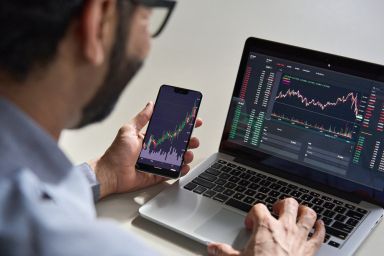
Crypto CFDs: Popular cryptocurrencies for trading
Discover which cryptocurrencies are trending for CFD trading in 2025 – from bitcoin to newly listed coins like SUI and PEPE.
10:46, 31 July 2025

Tesla earnings: When's the next TSLA call?
Tesla earnings reports are among the most closely followed events in global markets. For CFD traders, these quarterly updates present opportunities as well as risks that require careful management.
an hour ago

Accenture stock forecast: Third-party price targets
Track the latest Accenture stock predictions, analyst targets, technical overview and client sentiment.
an hour ago

Contemporary Amperex stock forecast: Third-party targets
CATL (3750) is trading at $425.75 HKD as of 13:29 UTC on 10 September 2025, within an intraday range of $425.55-$439.35 HKD.
2 hours ago

IonQ stock forecast: Third-party price targets
IonQ (IONQ) was trading at $67.35 as of 3:13pm (UTC) on 26 September 2025, hovering near the intraday low of $66.13 after earlier reaching $73.52.
5 hours ago

Trading the Nasdaq 100 Amidst AI Investment ‘Circular’ Doubts
It has yet to undo its current bullish technical overview, but in sentiment there’s been an increase in sell bias among CoT speculators.
06:46, 25 September 2025
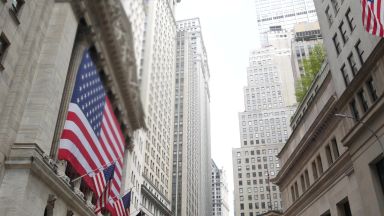
Trading the Dow 30 After its 46,000 Breach
Recent record high as kept its technicals bullish in both time frames, but on the CoT sentiment front there’s been a notable increase in net short bias.
08:53, 22 September 2025

Volatility index forecast: Third-party VIX price target
Discover the Volatility Index forecast for 2025 and beyond, with third-party analysts’ VIX targets and more.
08:31, 16 September 2025

Trading the Nasdaq 100 Over 24,000
Another milestone for the tech-heavy index helps keep the technical overview bullish, but in sentiment it’s a story of opposing bias when it comes to CoT speculators and Capital.com’s clients.
10:10, 15 September 2025

Cocoa price forecast: Third-party price targets
US cocoa was trading at $7,398.50 at 14:53 UTC within its intraday range of $7,138.90-$7,483.40, while UK cocoa was at $5,149.10 in a session band of $4,979.70-$5,185.50.
16:29, 29 September 2025

Natural gas forecast: Third-party targets
US Natural Gas (NGc1) was trading at $3.20 per mmBtu as of 15:08 UTC 2025, in an intraday range of $3.1553-$3.2850; the price was near the midpoint of the session.
15:26, 29 September 2025

Gold forecast: Third-party price targets
Gold (XAU/USD) is trading at $3,648.62 as of 14:18 UTC on 10 September 2025, within the $3,622-$3,664.51 intraday range.
10:37, 29 September 2025

Trading Silver as it Breaches $47
Technical overview remains bullish in both daily and weekly time frames, and trader bias remains heavy to extreme buy.
06:51, 29 September 2025
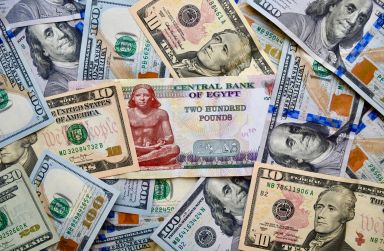
USD EGP forecast: Third-party predictions
USD EGP Forecast | Egyptian Pound Outlook for 2025–2030
12:59, 24 September 2025
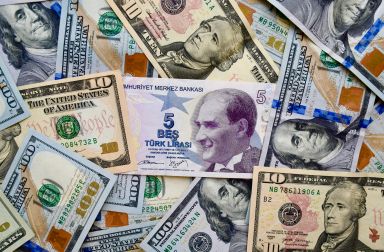
USD TRY forecast: Third-party outlook
US dollar/Turkish lira (USD/TRY) was trading at 41.2837 at 15:00 UTC on 15 September 2025, within an intraday range of 41.0993-41.3709.
13:52, 19 September 2025

Euro forecast 2025-2030: Third-party targets
EUR/USD is trading at 1.17648 as of 10:26 UTC on 9 September 2025, holding near the upper end of its intraday range of 1.1706-1.1779 amid broad-based US dollar weakness.
09:44, 16 September 2025
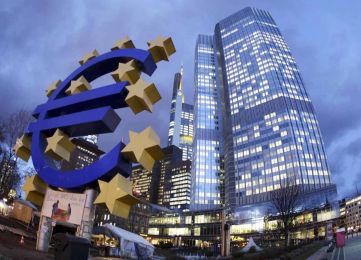
Trading EUR/USD Amidst ECB and US CPI Events
It has been a story of relative calm and slight positive technical bias ahead of the fundamental events, with CoT speculators net long while Capital.com clients shift to the middle.
07:08, 11 September 2025

How does Elon Musk impact cryptocurrency prices?
In cryptocurrency markets, few individuals command as much attention as Elon Musk. The CEO of Tesla and SpaceX’s tweets, Tesla and Dogecoin announcements, and public statements can trigger periods of heightened volatility, with shifts in buying and selling pressure across digital assets.
13:29, 30 September 2025

Cardano price prediction: Third-party outlook
Cardano (ADA) is trading at $0.82, moving within a daily range of $0.82-$0.90. The price stood at $0.824 at 12.12pm UTC on 22 September 2025.
11:12, 29 September 2025
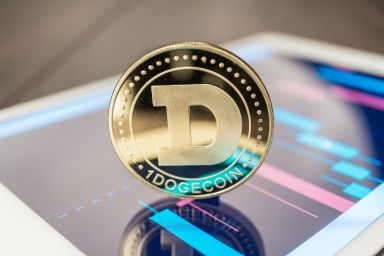
Dogecoin price prediction: Third-party outlook
Read third-party DOGE price predictions for 2025–2030, covering third-party analyst targets, technical overview, and CFD sentiment.
13:31, 26 September 2025

Sui price prediction 2025-2050: Third-party SUI insights
Sui (SUI) is a layer-1 blockchain developed by Mysten Labs to support high transaction throughput and fast finality through its customised version of the Move programming language, called Sui Move.
09:21, 16 September 2025
